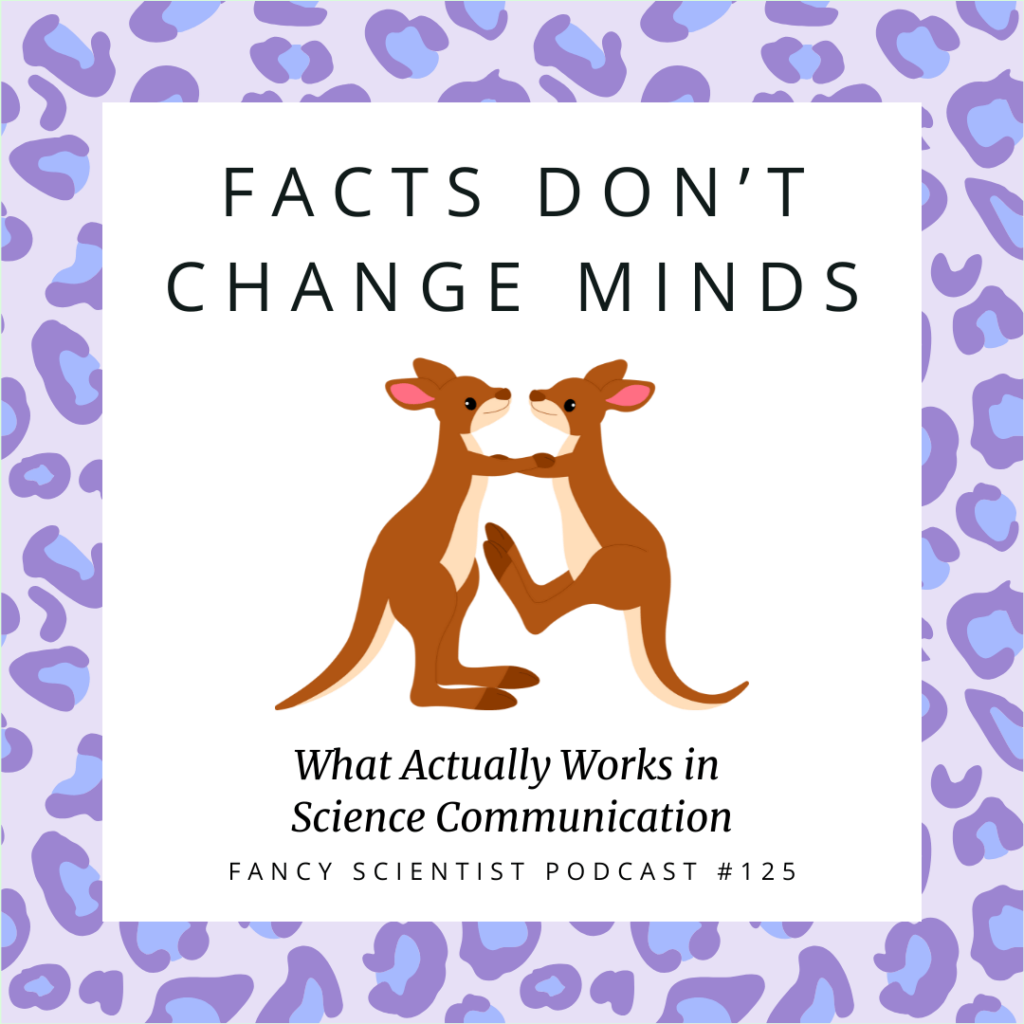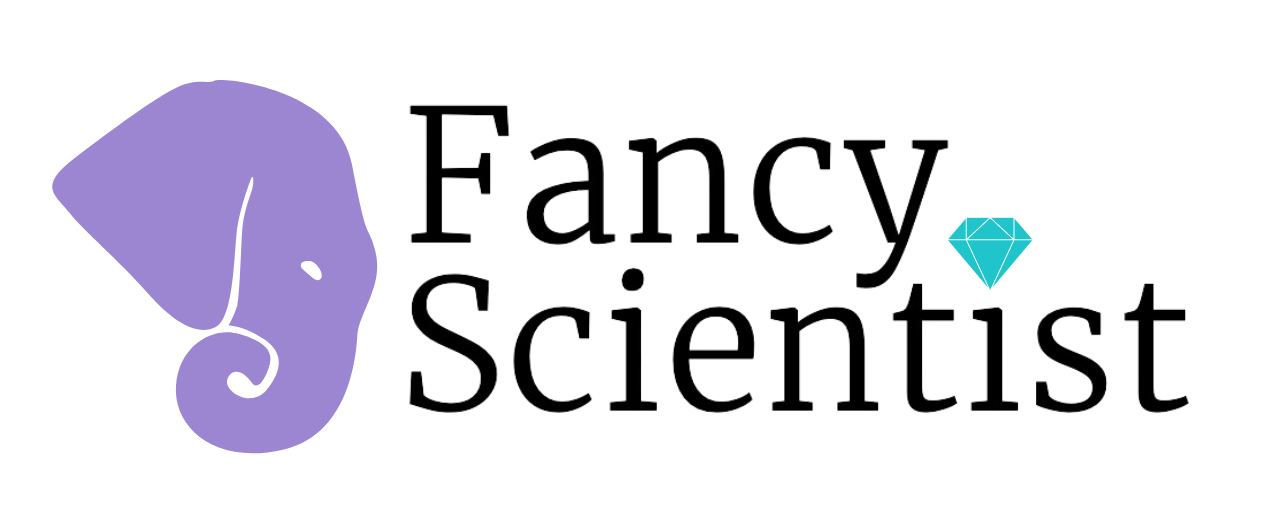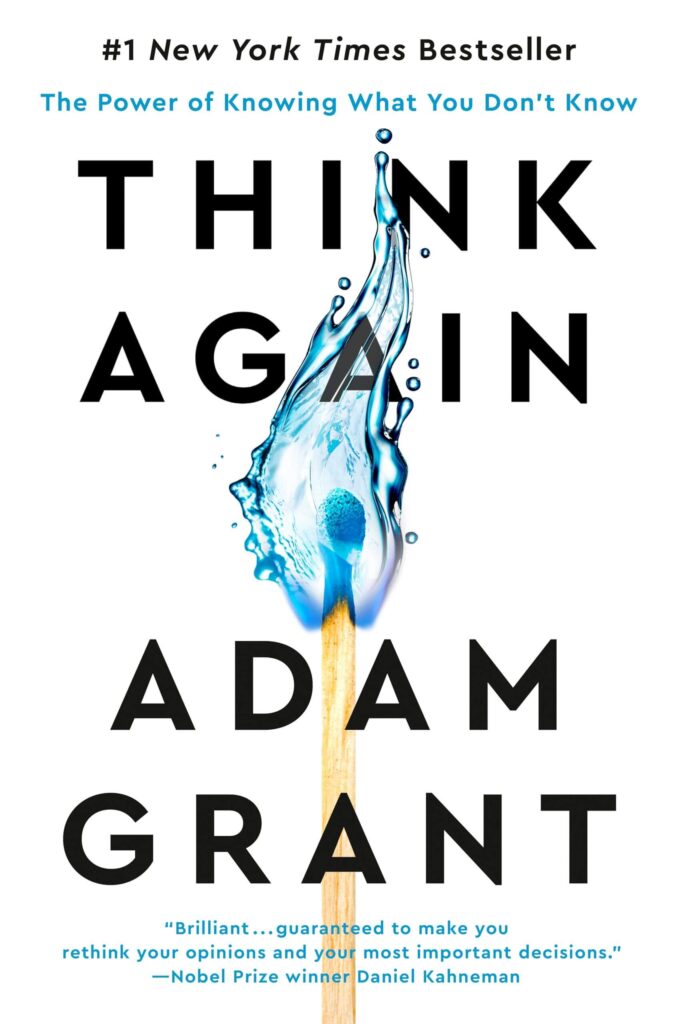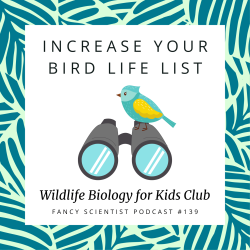*This post contains affiliate links. As an affiliate, I earn from qualifying purchases. Read my Affiliate Links Disclaimer.
Are you somebody who really cares about wildlife and conservation and you’re trying to get people to change their behavior? Reduce their carbon footprint? Get them to not litter? Or keep their cats indoors to save birds?
Whether it’s getting people to switch to clean energy sources or eating less meat to help save the planet, all of these things all require human behavior change, and the foundation of such change is communication.
Listen to Facts Don't Change Minds Here:
Powered by RedCircle
A lot of people tend to think we just need to educate people more – that people have a deficiency in knowledge, and that if only we could get people to understand the data and studies like we do, then they would see the error in their ways. But as we’ve seen with well-researched topics with lots of supporting data and studies like climate change and vaccines, this is not true. There is more to it! We need effective communication, which requires dialogue.
"I want you to reframe it (arguments) as a debate. But even more than that, can you think about it as a dance?"
This week’s podcast is inspired by two events: (1) the results of the 2024 election here in the United States where we saw the public vote for an administration that is anti-environment and science and (2) the aftermath of me reading an eye-opening, enlightening, and highly entertaining book on the subject of rethinking by social scientist Adam Grant: Think Again.
"You're simply asking them to explain what it is that they believe, why it is that they believe that how things work...this activates a cycle of rethinking within themselves, and it also serves the benefit of helping you understand."

"Many communicators try to make themselves look smart. Great listeners are more interested in making their audience feel smart."
- Adam Grant in Think Again
So if you are someone who works in science or conservation, or are simply someone who wants to create more positive change in the world, then this episode is for you!
"What works is not perspective taking, but perspective seeking actually talking to people to gain insight into the nuances of their views." - Adam Grant, Think Again
Specifically I talk about:
- Why it’s important to engage in debate and that it doesn’t have to be hostile, exhausting, or heated
- How debate makes us stronger leaders and better scientists
- How spirited discussions helped Disney create Pixar’s The Incredibles that went on to win two Oscars
- How to reframe arguments into debates and learn how to dance rather than fight
- Common “don’ts” and mistakes that many people make that close people off and cause them to dig more into their original beliefs
- How to motivate someone to share information with you
- Why facts alone don’t work in changing minds
- That asking questions activates a rethinking cycle in your debate partner (and yourself!)
- Why listening is critical to getting people to open up and be receptive
- How the “vaccine whisperer” got people to vaccinate their children through non-judgemental empowerment and listening
- That binary or black and white thinking can actually cause people to move away from your cause
- How uncertainty and humility can make you more effective in changing minds
- And more!
Resources and Sources in Facts Don't Change Minds:
And make sure you sign up for my next free training!

Stephanie Manka
Stephanie Manka, Ph.D. is a wildlife biologist with 20 years of experience in mammal ecology and conservation, education, and outreach. Read her story to find out how she went from the daughter of a jeweler to a Ph.D. in wildlife biology.
Love this post? Share it with friends!







